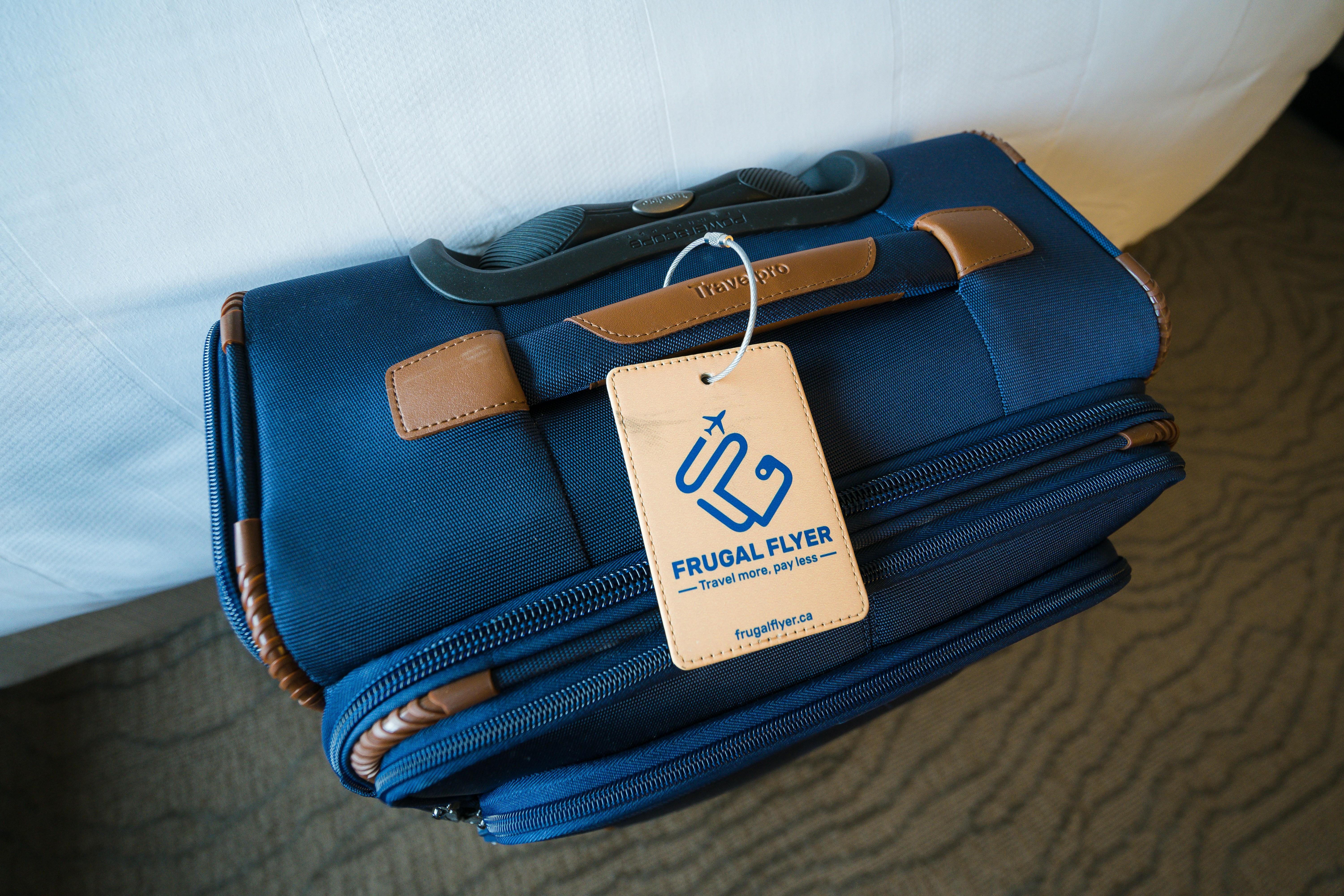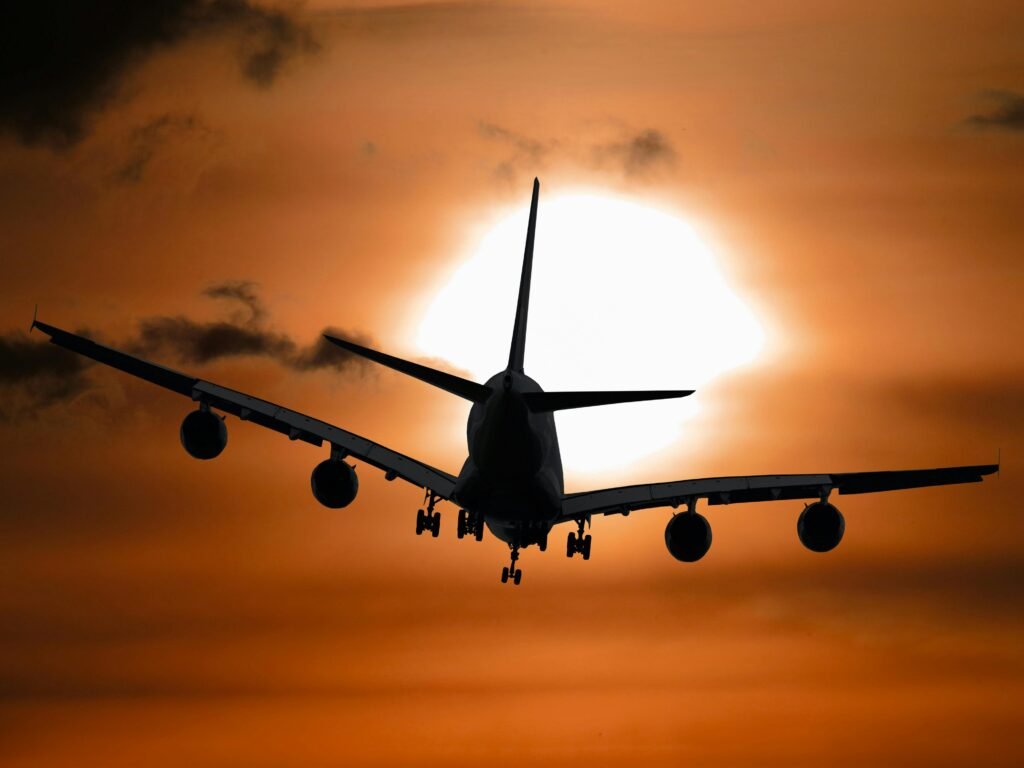Introduction to Budget Travel
Traveling the world is a dream for many, yet financial constraints often inhibit the ability to explore new cultures and locations. Budget travel, an approach focused on minimizing expenses while maximizing experiences, has emerged as an essential strategy for aspiring globetrotters. It encompasses various techniques to save money during the journey, such as choosing affordable accommodations, utilizing public transportation, and seeking out free or low-cost attractions. This approach allows individuals to visit several destinations without depleting their savings or incurring excessive debt.

During my own travels, I discovered the transformative power of budget travel. On my first trip abroad, I prepared meticulously, crafting a detailed itinerary while keeping close tabs on my expenses. I opted for hostels over hotels, which not only saved me money but also connected me with fellow travelers who shared their own tips and stories. As I navigated through bustling streets and historic landmarks, I found that countless experiences—like wandering local markets or enjoying street food—were both enjoyable and cost-effective. These encounters ignited my passion for further exploration and reinforced the concept that engaging with diverse cultures and environments does not necessitate lavish spending.
With the abundance of resources available today, anyone can embark on their own budget travel journey. By adopting a mindset that values experiences over material luxuries, you can find unique opportunities to broaden your horizons. The intention behind this blog post is to provide practical tips and insights from my experiences that will empower readers to travel extensively without compromising their financial stability. Through meticulous planning, creative thinking, and a willingness to step outside one’s comfort zone, budget travel can become not just an occasional pursuit, but a lasting lifestyle.
Finding Affordable Flights
One of the most significant expenses when traveling is securing flights, but there are several strategies travelers can utilize to find affordable options. A key approach is being flexible with travel dates. Airlines often have fluctuating prices based on demand; flying during off-peak seasons, mid-week, or at non-peak hours can lead to substantial savings. Therefore, travelers should consider adjusting their itineraries to take advantage of lower fares.
Utilizing flight comparison websites is another effective method to identify budget-friendly flights. These platforms aggregate information from various airlines, presenting multiple options and prices at a glance. Popular sites include Kayak, Skyscanner, and Google Flights, which allow users to filter results based on price, duration, and other preferences. Such tools simplify the process of scouting for the best deals and provide users with the most relevant information in a user-friendly manner.

Subscribing to fare alerts is an additional strategy worth considering. Many travel platforms offer notifications when flight prices drop for specific routes. This feature enables travelers to be proactive in their search, allowing them to book tickets when fares are most economical. Signing up for newsletters from airlines and travel deal websites can also yield exclusive offers and promotions that may not be publicly advertised.
Lastly, booking flights early or being prepared to take advantage of last-minute deals can yield fruitful results. Generally, purchasing tickets well in advance secures better prices, especially for popular destinations. Conversely, last-minute deals may also be advantageous for travelers with flexible timelines, as airlines often reduce prices to fill unused seats close to departure dates. Combining these strategies can significantly enhance a traveler’s ability to find affordable flights and make their journey more budget-friendly.
Choosing Cost-Effective Accommodation
When embarking on a journey around the world on a budget, selecting the right accommodation is paramount for achieving significant financial savings. Traditional hotels can often impose heavy costs on travelers, but alternative lodging options are increasingly available, appealing to budget-conscious adventurers. Among these options, hostels, guesthouses, Airbnb, and house sitting stand out as prime choices for frugal travelers.
Hostels represent one of the most economical accommodation options, especially appealing to young and social travelers. They offer dormitory-style rooms, which not only save money but also provide opportunities for social interaction with fellow travelers. Many hostels also feature communal kitchens, allowing guests to prepare their own meals, further reducing food expenditure. When searching for a hostel, it is advisable to read reviews and consider the amenities provided, as this can significantly enhance the overall experience.
Guesthouses are another viable option for budget travelers. Often family-run, these establishments provide a more personalized experience compared to hotels. They typically feature fewer rooms, allowing guests to enjoy a cozy atmosphere and, in many cases, a homemade breakfast. Furthermore, rates at guesthouses are often lower than those of hotels, making them an attractive choice.
Airbnb has revolutionized the accommodation landscape, providing a platform where hosts offer their properties at a variety of price points. Travelers can find unique lodging options — from shared rooms to entire homes — often at competitive prices compared to traditional accommodations. Utilizing filters for pricing and location on the Airbnb platform allows travelers to pinpoint the most cost-effective options suited to their needs.

Lastly, house sitting presents a unique opportunity for budget travelers to stay in someone else’s home, often free of charge, in exchange for taking care of their property and pets. Websites dedicated to house sitting can connect travelers with homeowners worldwide, enabling an immersive local experience without the financial burden of typical accommodation.
When narrowing down accommodation choices, it is also essential to consider the importance of location. Proximity to public transportation and attractions can significantly minimize transportation costs, allowing you to spend more on experiences and less on travel logistics. In conclusion, by carefully evaluating your accommodation options and considering alternative options to traditional hotels, you can maximize comfort while adhering to a budget. A strategic approach to lodging plays a crucial role in the overall travel experience and can lead to memorable and affordable adventures around the globe.
Eating on a Budget While Traveling
Traveling the world can be an exhilarating experience, but managing expenses can often be a challenge, particularly when it comes to dining. One effective strategy for eating on a budget while traveling is to embrace local cuisine. By selecting restaurants or eateries that are frequented by residents rather than tourists, travelers can discover authentic dishes at a reasonable price. Local cafés and bistros often offer daily specials, which can provide both value and a taste of the region’s culinary heritage.
Another popular option is to indulge in street food, which has gained recognition for both its affordability and the opportunity it presents to sample local flavors. Vendors often serve a variety of dishes, allowing travelers to explore multiple tastes in one meal without overspending. Not only does street food offer a more vivid cultural experience, but it often comes at a fraction of the cost of a sit-down restaurant.
Additionally, exploring food markets is an excellent way to save money while experiencing local food culture. Many cities boast vibrant markets where travelers can purchase fresh produce, snacks, and ready-to-eat meals. These markets are a great place to interact with local vendors and learn about regional ingredients. Shopping at food markets also allows for preparing meals if your accommodations include kitchen facilities, which can substantially cut dining costs over time.

To find affordable dining options that emphasize authentic experiences, consider utilizing mobile apps or websites that specialize in local food recommendations. Reviews from fellow travelers can provide recommendations for budget-friendly eateries that maintain high food standards. By being mindful of dining choices, it is possible to enjoy delicious meals while still adhering to a budget, enriching the travel experience along the way.
Local Transportation Hacks
Traveling on a budget requires a strategic approach to local transportation, which can significantly impact overall travel costs. One of the most efficient ways to navigate a city is through public transportation. Cities worldwide often offer extensive bus and train networks that are not only cost-effective but also provide a unique opportunity to experience local life. By purchasing day passes or multi-trip tickets, travelers can save money while enjoying unlimited access to various transport options, including subways, trams, and buses.
Walking is another excellent way to explore cities without added expenses. Many urban areas have pedestrian-friendly zones filled with attractions, markets, and local eateries, making it a delightful experience to wander on foot. Additionally, walking allows travelers to discover hidden gems that may not be visible from a vehicle. It is advised to wear comfortable shoes and plan daily routes of interest, balancing walking with public transport use when necessary.
Biking is gaining popularity as a sustainable and cost-effective transportation method. Many cities have implemented bike-sharing programs that allow visitors to rent bicycles for short trips at minimal fees. This not only promotes eco-friendly travel but also offers a refreshing way to see local sights. It is essential to familiarize oneself with local cycling traffic rules and secure rentals from reputable services to ensure a smooth experience.
For those who may prefer the flexibility of a vehicle, car-sharing services provide an alternative to traditional car rentals. These services often allow travelers to rent cars for short periods, enabling them to explore areas outside the city’s immediate limits without incurring high fees. Using local apps frequently offers discounts and promotions that can further reduce transportation costs. Knowledge of insider tips, such as peak hours for public transport and best walking routes, can enhance overall travel experiences while keeping expenses in check.
Making the Most of Free Activities
Traveling on a budget does not mean compromising on experiences. In fact, some of the most enriching aspects of travel can be found in free or low-cost activities available in many destinations. To begin, take advantage of local festivals, which often celebrate a community’s unique heritage and traditions. These events typically feature music, art, cuisine, and various forms of entertainment that allow travelers to immerse themselves in the local culture without spending a fortune.
Parks represent another excellent opportunity for budget-conscious travelers. They can serve as both recreational spaces and hubs of local life. Relaxing in a city park can provide insights into the daily rhythm of the locals. Additionally, many cities boast beautiful public gardens that are free to enter and explore, offering both tranquility and picturesque surroundings.
Hiking trails present yet another avenue for adventure that is often low-cost or free. Whether it’s a short nature walk or an extensive hike, these trails allow travelers to connect with the natural beauty of their destination. Many regions also offer guided walks that might have a suggested donation, enriching the experience while still remaining budget-friendly.
Museums with free admission days can provide an exceptional way to engage with history and art at little to no cost. Researching in advance can help identify these opportunities. Furthermore, many cultural events, such as free concerts or street performances, can be found by checking local event calendars and community boards.
Embracing these activities not only helps travelers save money but also encourages meaningful interactions with local cultures. Ultimately, the ability to discover and enjoy budget-friendly activities can lead to a richer, more authentic travel experience.
Travel Insurance – Worth the Investment?
Travel insurance is a critical consideration for any traveler, particularly those on a budget. Often perceived as an unnecessary expense, the reality is that travel insurance can provide significant financial protection and peace of mind in unexpected situations. Travel complications such as trip cancellations, lost baggage, or unexpected medical emergencies can occur at any time, potentially leading to substantial out-of-pocket costs. Having a travel insurance policy is an essential step in mitigating these financial risks, especially if you find yourself in an emergency while abroad.
There are several different types of travel insurance coverage available, each catering to diverse needs. For instance, trip cancellation insurance reimburses travelers for non-refundable expenses if they need to cancel their trip due to specific reasons, ranging from illness to family emergencies. Additionally, medical coverage protects against medical expenses incurred while traveling, which can be exceedingly high, particularly in countries with limited healthcare systems. Other policies may offer coverage for lost or stolen items, travel delays, or even emergency evacuations, all of which can be particularly beneficial for budget-conscious travelers.
When selecting the right travel insurance plan, it is essential to assess the extent of coverage needed while keeping budget constraints in mind. Several factors should influence your decision, including your travel destination, the activities planned, and personal health conditions. Comparing quotes from different providers ensures that you find an affordable option that still offers adequate protection. Reading customer reviews and understanding the terms and conditions can further safeguard against unpleasant surprises during your travels. Ultimately, investing in travel insurance not only protects your finances but allows you to travel with greater confidence, knowing that support is available should unforeseen circumstances arise.
Budgeting and Planning Your Trip
Traveling the world on a budget is not only feasible, but it can also be a rewarding experience with the right planning and budgeting techniques. The first step involves creating a realistic travel budget that outlines all potential expenses. Begin by estimating costs such as airfare, accommodations, meals, transportation, and activities specific to your chosen destinations. Researching these expenses in advance can provide a clear picture of how much your adventure will ultimately cost.
Once you have a general estimate, it is essential to prioritize your destinations and activities based on your interests and budget constraints. Instead of attempting to visit every sight, consider selecting a few key locations that truly excite you. This not only allows for a more enriching experience but also helps in minimizing costs by reducing travel time and transportation expenses. For instance, it may be more affordable to explore a single country or region in depth than to hop around multiple destinations.
Another vital budgeting technique involves tracking your expenses during the trip. Use tools like mobile apps or a simple spreadsheet to monitor daily spending against your budget. Keeping a detailed record will help you stay on track financially and allow for adjustments when necessary. Surprise expenses are common while traveling, so allocate a small percentage of your budget for unforeseen costs. Also, consider setting aside a dedicated travel fund before your trip. Aim to contribute to this fund regularly, enabling you to amass a reasonable amount to work with when planning adventures. Over time, even small contributions can lead to significant savings, opening doors to travel opportunities without breaking your financial limits.
Personal Tips from a Frequent Traveler
Traveling the world on a budget is an exhilarating adventure but comes with its unique set of challenges and learning experiences. Throughout my journeys, I have gathered valuable insights that I believe can help fellow budget-conscious travelers navigate their own trips more efficiently. One of the most crucial lessons I’ve learned is the importance of flexibility. Travel plans are often subject to change, be it due to weather, cancellations, or unplanned opportunities. Being open to modifying your itinerary can lead to unexpected experiences that enrich your travels.
Moreover, it is imperative to do thorough research before setting off on your journey. While spontaneity has its own charm, having a grasp of local customs, currency, and travel requirements can prevent uncomfortable situations. An amusing anecdote comes to mind: on a trip to Italy, I wholeheartedly indulged in gelato without realizing the vendor had exclusively Italian menus. A simple language app could have helped me avoid ordering a bizarre combination of flavors that left my taste buds bewildered. This serves as a reminder to always equip yourself with tools that enhance communication and understanding while abroad.
Another pitfall to avoid is overspending on accommodations, which can quickly drain your traveling budget. Consider alternative lodging options such as hostels, guesthouses, or home-sharing platforms that offer both affordability and a chance to connect with locals. Additionally, utilizing public transportation not only saves money but also allows you to immerse yourself in the local culture. Remember that every journey is not just about the destination but also the experiences gathered along the way.
Ultimately, traveling on a budget requires a delicate balance of planning and spontaneity. Each trip will yield unique lessons and opportunities for personal growth. Keeping an open mind and embracing the unknown will enhance your travel experiences significantly.



